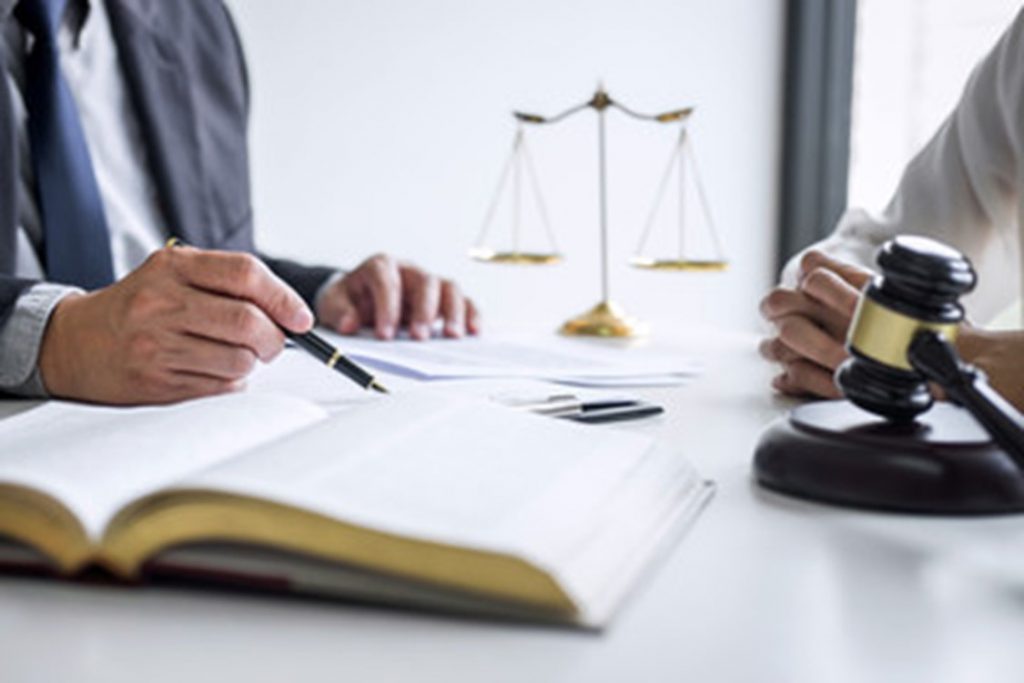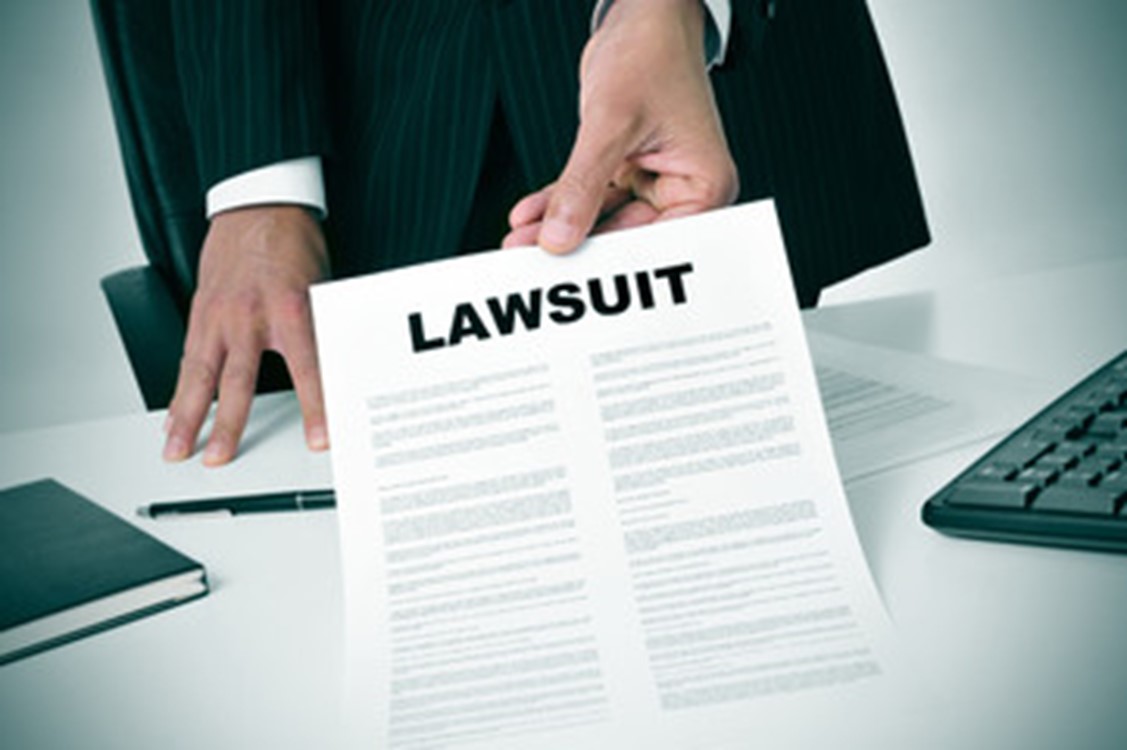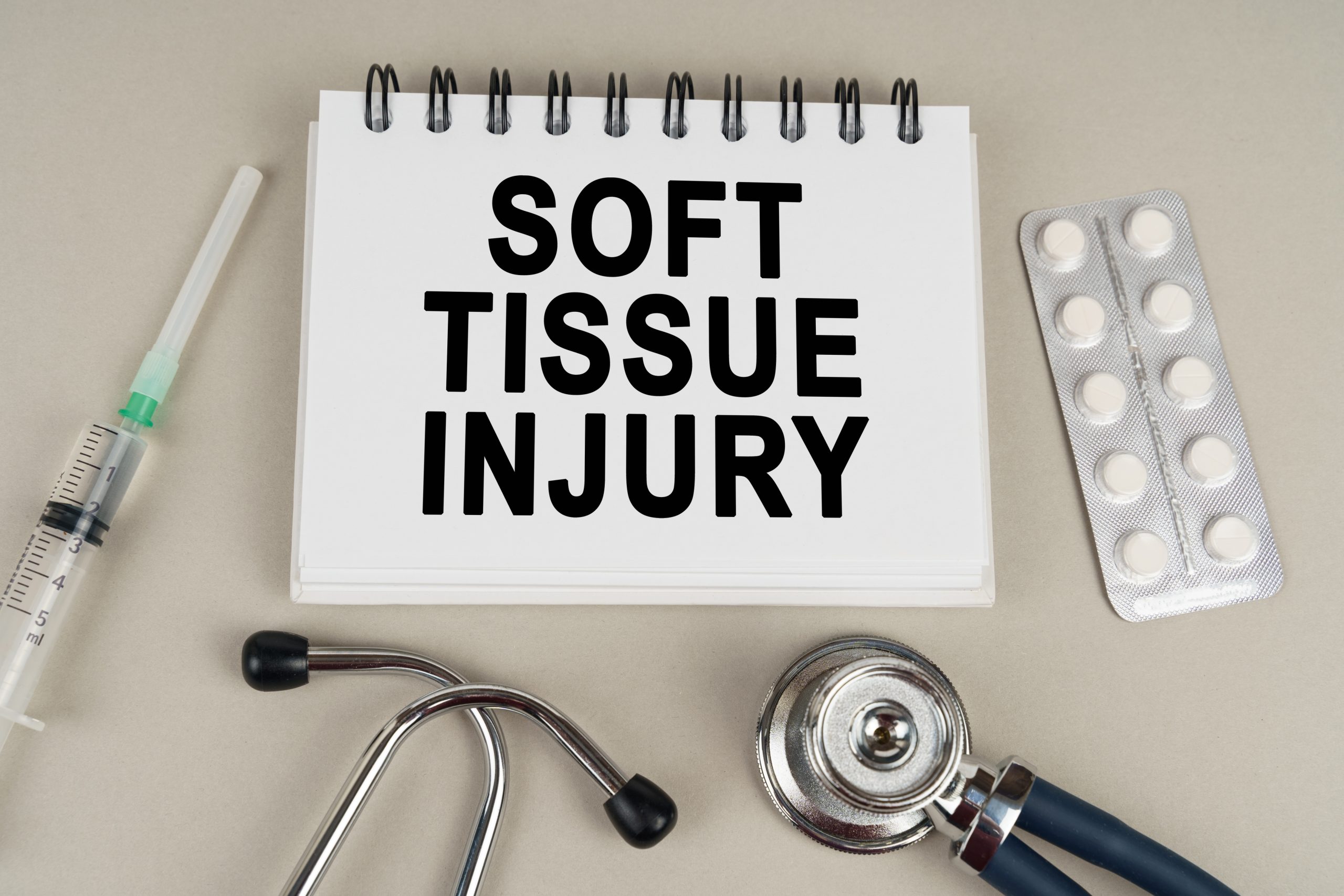Accidents happen. And sometimes, they can cause serious injuries that may lead to a lawsuit.
When you file a personal injury lawsuit, there are many moving parts. Legal matters can be quite complex, so the more you understand, the better.
Here is everything you need to know about what happens when you file a personal injury lawsuit:

What is a Personal Injury Lawsuit?
A personal injury lawsuit is a civil matter. It usually entails a situation where a person was injured by the negligent actions, or inactions, of another person or business. As a result, they want to file a lawsuit against the negligent party that is responsible for their harms and losses.
The main point of filing a personal injury lawsuit is to be compensated for your harms and losses. The compensation can help cover the following:
- Lost wages
- Future potential loss of wages
- Loss of job/ability to work
- Loss of companionship
- Medical expenses
- Pain and suffering
- Lifelong medical intervention
- And more
To prevail a personal injury lawsuit, you—the plaintiff—bear the burden of proof. In other words, you are responsible for proving that you suffered injuries due to the negligent actions, or inactions, of another person or company.
Most Common Types of Personal Injury Lawsuits
Many personal injury lawsuits exist. The most common include but are not limited to:
- Medical malpractice
- Defective product/product liability
- Workplace/workman’s compensation
- Slip and fall incidents
- Car accidents
- Dog bites
- Food poisoning
- And more
When you are ready to move forward with an injury lawsuit, be sure to research the appropriate personal injury attorney who specializes in the nature of your case. Each case is unique and is based upon what specifically occurred in the incident that caused you injury.

What Happens After You Are Injured?
When you are injured, several things need to happen. First and foremost, you should seek medical attention as soon as possible. Even if the injuries seem minor, go see a doctor.
If you were injured, for example, in a car accident, be sure to take pictures of the surrounding areas, your bodily injuries, and anything relevant to begin building your case. Gather information, including contact information and the names of anyone who witnessed the accident. If, as mentioned, the incident entailed a car accident, make sure to retrieve all auto insurance information from the at-fault motorist.
Your next step is to preserve the evidence. Be sure to keep all records in a safe location for future use if you decide to move forward with a lawsuit. This includes documenting all of your experiences after the injury. This can include your pain levels, the activities that you now struggle with after the injury, and where your mental health lies.
Who is At Fault in a Personal Injury Case?
Depending on the nature of your specific case, multiple people and entities may be liable for your injuries. If you were injured in a car accident, the designer and manufacturer of your vehicle can be held liable if there was a defective part that caused the collision. If the other driver is at-fault, they may be held responsible.
Whoever is negligent that caused you to get hurt may be held responsible in a court of law. You must prove that this person or entity is the direct reason that you became injured. For a better understanding of negligence, it is vital to understand that you must prove negligence occurred by showing that:
- The defendant owed you a duty of care
- They breached that duty

What are the Steps in a Personal Injury Case?
To file a personal injury case, you must know the steps that need to be taken. They are as follows:
Hire an accident attorney
Begin looking for a personal injury lawyer. Discuss your case with them and they will begin to build the lawsuit.
You will be discussing how “discovery” works and what compensation you may be eligible to receive. Your lawyer will help you through all of the legal procedures.
File the complaint
Once you hire an attorney, they can file a complaint on your behalf against the at-fault party and/or their insurance company. The complaint will then be served to the defendant—or the wrongdoer you want held responsible for your injuries.
Your attorney typically has 30 days to serve this complaint. This can include having the complaint physically delivered to the defendant, stating that they must appear in court as they are being sued. Note: It is common for personal injury cases to be settled before a complaint is even filed.

Defendant may hire an attorney
After a defendant is served the complaint, they must enlist the help of an attorney as well. This typically occurs when the defendant has assets or insurance that they want to protect.
The insurance companies will be notified and both you and the defendant will give your statements regarding the version of events. Your lawyer and their lawyer may speak on behalf of you in terms of negotiation.
Pre-trial and discovery
This phase of the legal process includes both sides asking the other for all witnesses, information and documents, and discovery regarding the incident. Both sides will additionally appear in court to move forward with either a trial or mediation—an alternative dispute resolution.
This process can take several weeks to many months, depending on whether or not both sides can reach an agreement. Once discovery and research in the case are done, the defendant might consider filing a “Motion for Summary Judgment.” This motion basically means that the defendant believes the plaintiff cannot win at the trial. If the motion is denied, your personal injury case will proceed to trial.

Trial
At trial, the personal injury case can last several days to multiple weeks. The judge or jury will determine whether or not the defendant is legally liable for the accident and the injuries received.
If the defendant, or defendants, are found liable, the judge or jury will determine how much compensation is owed to the plaintiff. The defendant will then be required to pay the compensatory damages.
Bottom Line
If you believe you can prove that someone is accountable for your injury, hire a personal injury lawyer. Together, you can gather the necessary information to file against the defendant.
If you cannot reach a settlement before a complaint is filed, prepare for both pre-trial and trial. Your attorney will be with you every step of the way as you fight for the compensation you deserve.



